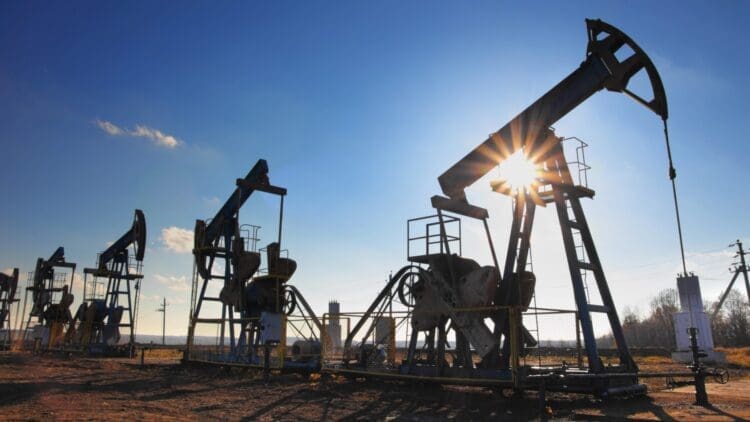The European Union has revealed new measures that aim to close loopholes in the importing of Russian gas. Russia’s full-scale invasion of Ukraine has resulted in the international community placing significant sanctions on Russia. The EU has now revealed its directive that calls for countries that used to make use of Russian crude in their oil and gas production to provide documented proof of where the crude came from. As the war has no end in sight, the EU policy aims to cut the final cord of Russian energy imports into the region.
Energy suppliers to the European Union will need to prove where they acquired the crude from
Not that long ago, the EU laid out its plan to cut ties with Russia due to the invasion of Ukraine. The EU reduced its imports of Russian energy substantially; however, the region still relies on oil imports from countries that make use of Russian crude to produce the energy resource, like India and Turkey.
However, as part of its 18th round of sanctions against Russia, the EU has now stated that countries that used to use Russian crude will now need to provide documented proof that their supply did not come from Russia, with a few exceptions.
The EU’s new regulations on importers of oil into the region will come into effect next year
The new rules will be enforced from 21 January 2026, and have placed an increased expectation on countries like India, China, and Turkey to prove they no longer do business with Russia. India and Turkey alone supply roughly 400,000 b/d of refined products into Europe. A new document from the EU notes that importers will be required to exhibit that imports of refined products, captured under the bloc’s combined nomenclature code 2710, were not produced using Russian crude oil.
Several EU partner countries are exempt from the new regulations regarding Russian-made crude
While the EU has no authority over nations outside of its jurisdiction, several EU partner nations are following suit and have mostly cut out Russian crude from their supply chains. The new regulations allow these countries, like Canada, Norway, the US, the UK, and Switzerland, to continue to supply the EU with oil without having to prove where the crude originated from.
Additionally, countries that are designated as net exporters are also exempt from the new regulations. The International Energy Agency currently lists around 81 countries as net exporters of oil, while the EU has allowed the supply to continue, it reserves the right to demand proof from those nations if national authorities have “reasonable grounds to believe” that oil was refined using Russian supply, including cases where oil producers are deemed to be importing “disproportionate” volumes of Russian crude.
With the planned meeting between Putin and Trump being delayed, the future of the Russian energy sector is up in the air. New sanctions and tariffs on Russian imports have devastated the international oil and energy sector as the world imagines a future without the reliance on Russian-made gas and oil. While some nations are set to see an increase in refining margins, the EU has stepped up its sanctions on Russian energy.
What effect will the new EU sanctions on Russia have on the international energy sector
Despite the continued reliance on Russian energy, the world has seen the energy market suffer from sanctions and the volatility of the new EU policy. With many nations cutting ties entirely with Russia, the global economy has seen significant shifts towards other, more reliable energy production methods, like the renewable energy sector. With the Ukraine war raging on, it seems the EU may need to develop another round of sanctions to force the Russian government to reconsider its position and end the war.





